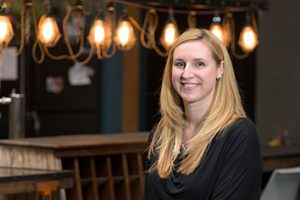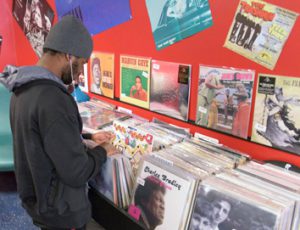Indy Chamber, Chase collaborate on grants for new export efforts
JPMorgan Chase provided $200,000 to fund the chamber’s GoGlobal Export Acceleration Grant program, which will target smaller companies and provide up to $5,000 in matching funds to cover business and marketing costs associated with new export activity.












